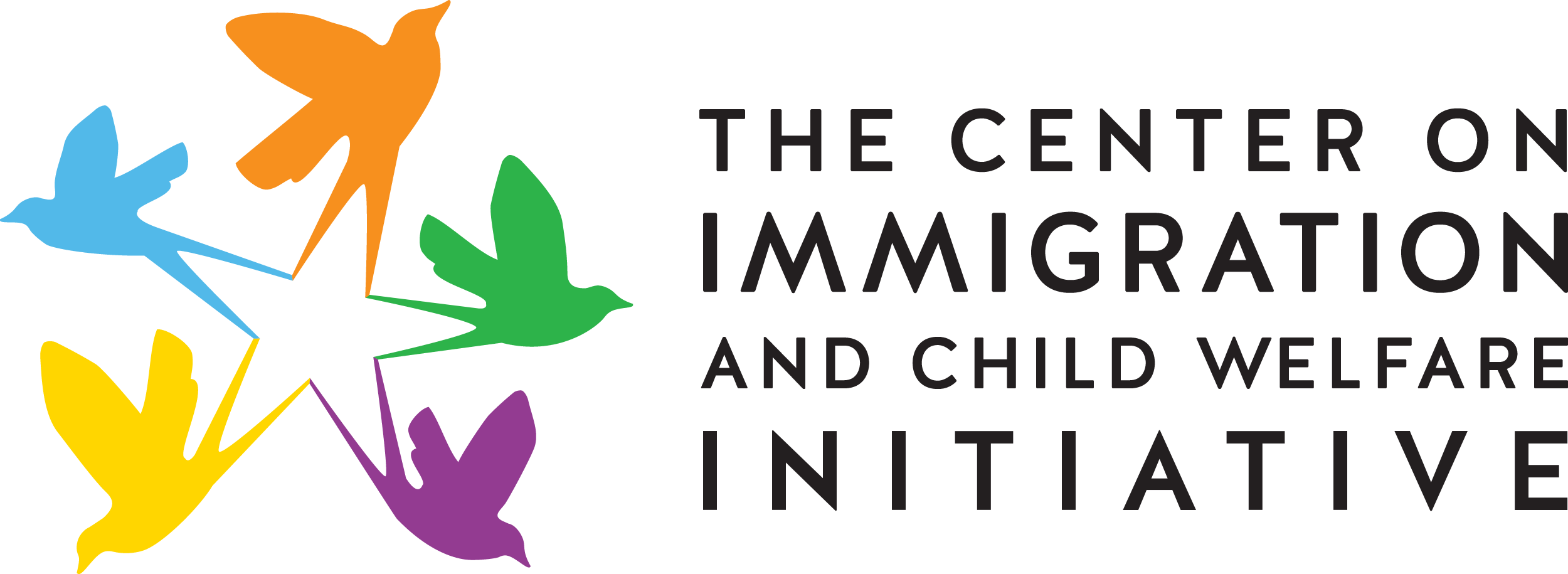Resources for Families Facing Deportation and Separation
Women’s Refugee Commission (Updated )
These guides and reports provide information about family separation, safety planning, and child welfare for families facing detention and deportation. The documents provide tools for preventing family separation and resources for families caught between the immigration and child welfare systems. Available in English and Spanish.

